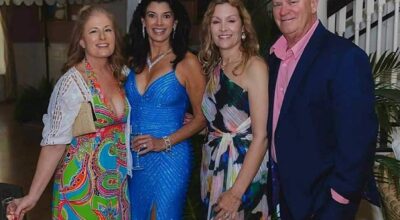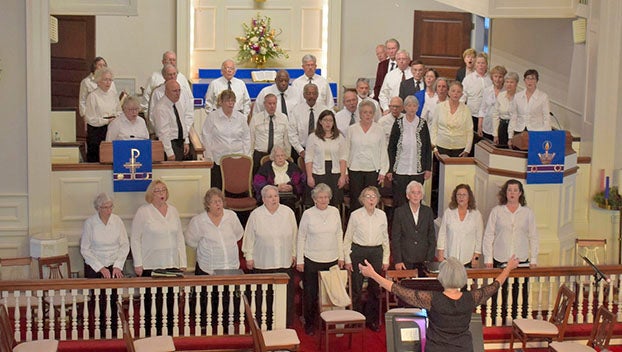Honoring a mothering mindset
Published 6:00 am Friday, May 7, 2021
|
Getting your Trinity Audio player ready...
|
Mother’s Day arrives in the U.S. Sunday as the year comes into full bloom. In all 50 states, the occasion has been recognized on the second Sunday in May for more than a century. Many diverse countries around the globe, from Australia to Zimbabwe, also mark Mother’s Day at the same time.
Others, including the United Kingdom, Russia and Egypt commemorate Mother’s Day in March. Some observances coincide with International Women’s Day on March 8, Mothering Sunday (the fourth Sunday in Lent), or the spring equinox (March 20 or 21). Mother’s Day observances in several places are tied to local customs and other calendar systems, including the Hebrew calendar (in Israel), the Hindu calendar (in Nepal) and the Islamic calendar (in Iran). Wikipedia lists Mother’s Day tributes in more than 60 countries.
This widespread honoring of mothers makes sense. Not one human alive on Earth today arrived without the direct involvement of a mother. Family structures may have differed. Maternal relationships may have been supportive, strained or even non-existent. Complementary roles played by communities, teachers and mentors may have varied tremendously. But even though the range of human experience is vast, every single one of us began our sojourn through life as a child of a mother.
Despite the ubiquity of the celebration, my own sense of how to honor the day has often included confused and ambiguous feelings. When I was little, drawing a picture for my mother sufficed, but somehow felt inadequate. Picking flowers seemed loftier, but it was riskier. Apparently, what was plucked and from which neighbor’s garden mattered – a lot.
When I became a mother, I gained an entirely new perspective on how precious crayon drawings can be. My children are all adults now, but I still have a drawer filled with their early artwork.
As they were growing up, I dutifully sat through many Mother’s Day sermons. I’m sure the pastors who delivered them intended the messages to be inspiring, but I found them to be pointed reminders of all the ways I had failed as a daughter to my mother and how often I missed the mark with my own kids. Yet, these discomforts paled in comparison to the distress I knew others were feeling. It made me wince to hear about ideal mothers when I knew someone in a neighboring pew had grown up in a broken foster care system. The traditional recitation of the virtues associated with motherhood made me cringe when I knew someone in the congregation was trying to overcome infertility, and the enumeration of a mother’s joys became downright heartbreaking when I knew another woman listening was deeply grieving a pregnancy loss.
Now that I’m older, Mother’s Day has shifted in meaning again. My grandmothers have passed on. My mother passed away more than a decade ago. My mother-in-law, a few years ago. After her passing, I realized with a shock that I am the oldest, still-living mother in my children’s family line. It is an unwillingly received role. As the senior mother, I feel I should have wisdom to bestow and advice to smooth the road as my children move into their own futures. Instead, I find myself still bewildered by life’s confusions and without answers that have relevance in today’s everchanging world.
Yet, despite my inadequacies and limitations, my children routinely call me on Mother’s Day to express love and good wishes. They say kind and generous things. Apparently, there’s something in the concept of motherhood that is worth being honored even when individuals like me fall short of the ideals.
Perhaps when children forgive mothers for shortcomings and mothers offer unconditional love to their children, it establishes a pattern of mutual respect that can serve as a model to help guide the world into more compassionate relationships. Jesus told a story about the Good Samaritan to help his listeners learn to be good neighbors rather than to focus on identifying who qualified as a neighbor. In a similar way, maybe the purpose of Mother’s Day isn’t to define who is a good mother but rather to consider how to walk along life’s road in a nurturing way that demonstrates a mothering mindset. Happy Mother’s Day.
KAREN BELLENIR has been writing for The Farmville Herald since 2009. Her book, Happy to Be Here: A Transplant Takes Root in Farmville, Virginia features a compilation of her columns. It is available from PierPress.com. You can contact Karen at kbellenir@ PierPress.com.





